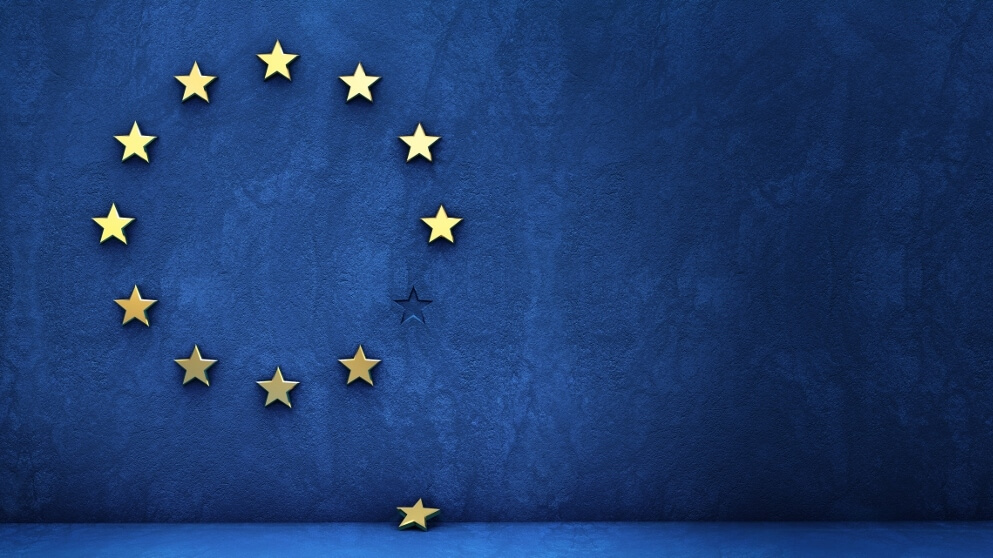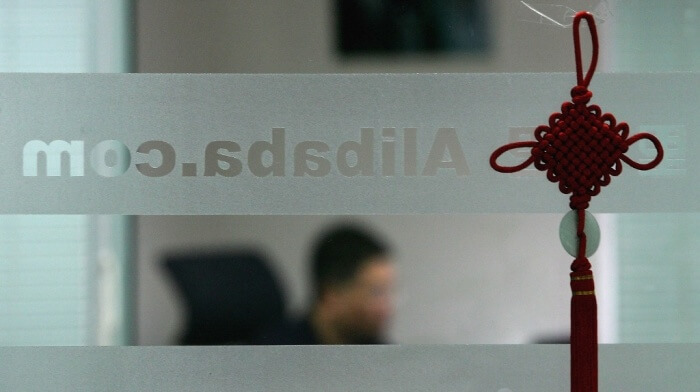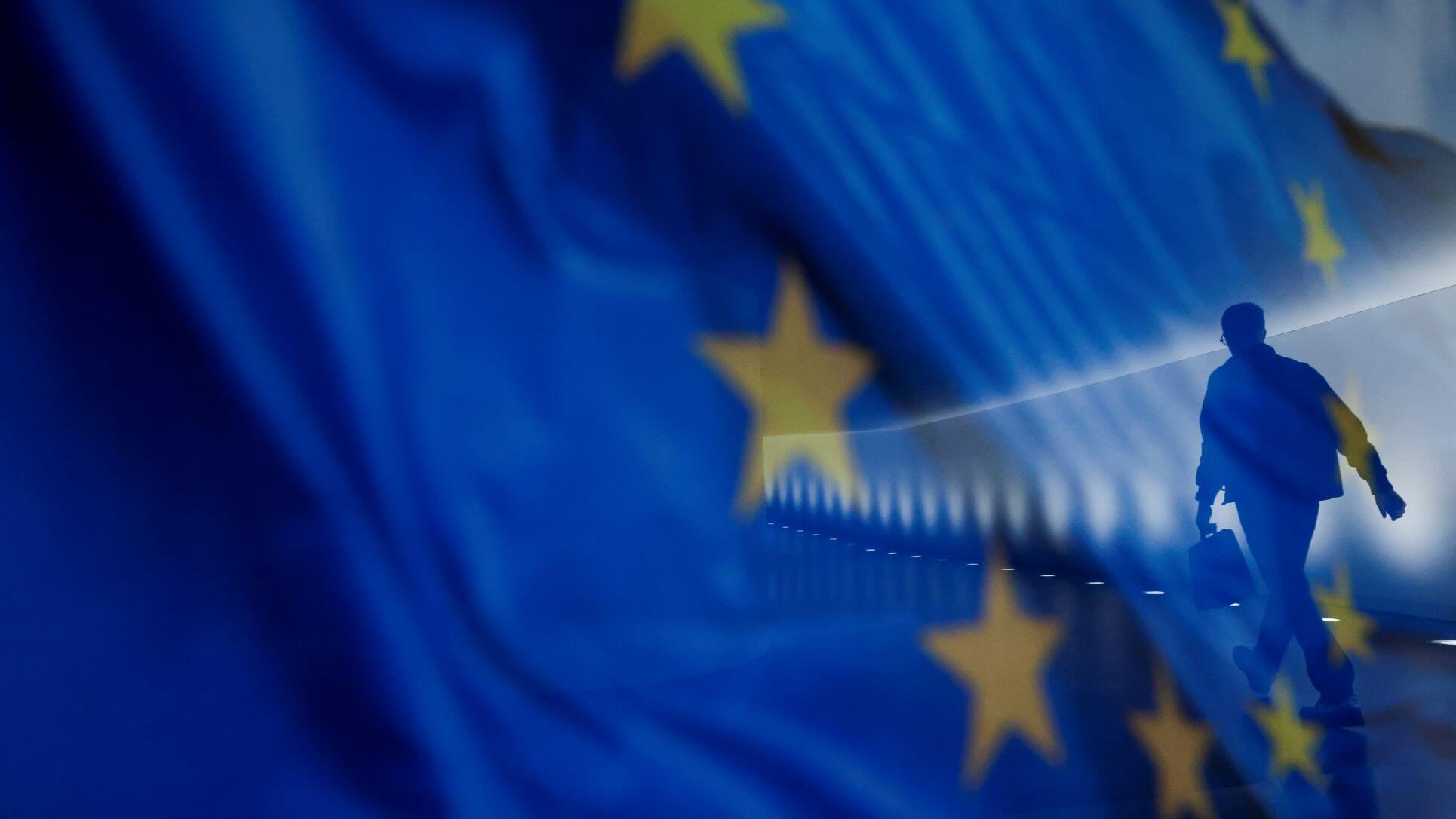The UK's EU membership is a hotley contested topic and soon we will get a vote to stay or leave the bloc. Here, a British entrepreneur based in Germany gives his case for staying put.
What Would A Vote To Leave The EU Mean To Ecommerce Entrepreneurs?
The UK's EU membership is a hotley contested topic and soon we will get a vote to stay or leave the bloc. Here, a British entrepreneur based in Germany gives his case for staying put.

With a recent Federation of Small Businesses (FSB) report finding that small UK firms are split over whether to stay in the European Union (EU) or not (47% of members would vote to stay while around 41% would vote to leave) and only a slim majority of their members saying that the UK's existing EU membership was good for the economy as a whole.
I think my position as a loyal British subject, head of an international company (which is present in 19 countries) based in Germany, means I can provide a different take on this topic than most UK-based people.
Although British companies do seem to appreciate the trading opportunities with Europe, it seems that the size of the market doesn’t get enough recognition. It’s not just that the EU is a massive trading area, but that it allows European ecommerce businesses to compete with companies from other large markets; the USA and China.
For me, leaving the EU would be a disaster for UK ecommerce and internet brands who want to compete in a global market. Leaving them isolated and in danger of being squashed by global players.
The reason why so many global internet market leaders come out of the US, and increasingly China is because they can get big in a single big market. This makes them more investable and scalable from day one; from there they can position for global dominance.

Alibaba is China's biggest ecommerce success story, with revenues topping £2bn in the first quarter of 2015 alone
For example, an American company grows up in a market of 277m internet users [internetworldstatistics.com], a Chinese company 644m and a UK company 57m. This will limit how quickly a UK company can scale. However, if an EU company wakes up and sees itself as a European company, as Spreadshirt did, it is looking at a market of 399m internet users.
This change in perception, from being a German company to being an international one, meant that Spreadshirt was able to use its scale to break into the US market. On from there we find ourselves in Canada, Brazil, Australia and now looking at Asia. Without the change in perception and the large EU market, this would never have happened.
European capitals have become exciting and vibrant centres for tech innovation, where start-ups and established businesses can attract talent, develop ideas and generate revenue. The open boarders of the EU are particularly important for ecommerce companies, which can benefit from three key things; the size of the market, freedom of movement and, perhaps surprisingly, less red tape.
Market
For ecommerce entrepreneurs, this is a huge opportunity. 399m Europeans are easily reachable with marketing and delivery services; with a similar legal basis and taxation system. Yes, we speak multiple languages but translation is easily managed and relatively cheap. And yes, there are different currencies, but the heartland of the EU is covered by the Euro and great services have evolved to help with currency and payment management. These problems are not hard to solve.
Movement
The freedom of goods to cross borders is a must for ecommerce; but so is the freedom for people to move. Our EU HQ in Leipzig has people from 20 nationalities and without them we would not be able to be so international. For us and other ecommerce businesses, it means the freedom to employ the right person for the job.
Today Berlin is a major tech hub, a centre for new ideas, attracting talent from across Europe, and the home of exciting new start-ups and established businesses. As an Englishman here, I have benefitted from the EU’s freedom of movement, as have many people who now work in continental Europe permanently or find it easy to travel for work into countries which were once even behind the Iron Curtain.
Red tape
Contrary to the general myth about the EU, I think it may have reduced red tape in many areas; particularly for retailers. We have perhaps forgotten how slow and difficult it could be to bring products into a country or export them. Data protection, consumer rights and even employment is largely getting easier in countries that treat the EU directives sensibly.
As we do almost 50% of our business outside the EU, Spreadshirt can see the difference the EU makes. We really notice the lack of restrictions within Europe when we have to deal with Swiss taxes or Norwegian customs, for example. And some of the laws we deal with vary across the US and Brazil would take a whole book to describe the problems.
It may not be a fashionable opinion, but UK companies and population could really benefit from being part of the EU. UK internet companies limit themselves unnecessarily if they don’t think European and global early on. Other companies across the continent are already taking advantage of this and positioning themselves for expansion outside of the EU, not just outside of their home nation.
As a proud England fan, loyal Royalist “Brit” and early London internet entrepreneur (started in 1996) I am already questioning whether London can maintain its place as a top internet city. Rather than isolate themselves both start-ups and more established companies in the UK should make more of their opportunity to scale quickly and operate in a larger European market.
The EU has a lot to offer business, and in particular ecommerce entrepreneurs, so take advantage of that before it might be too late.
Philip Rooke is CEO of Spreadshirt. Follow him on Twitter @PhilipRooke
Thanks for signing up to Minutehack alerts.
Brilliant editorials heading your way soon.
Okay, Thanks!


